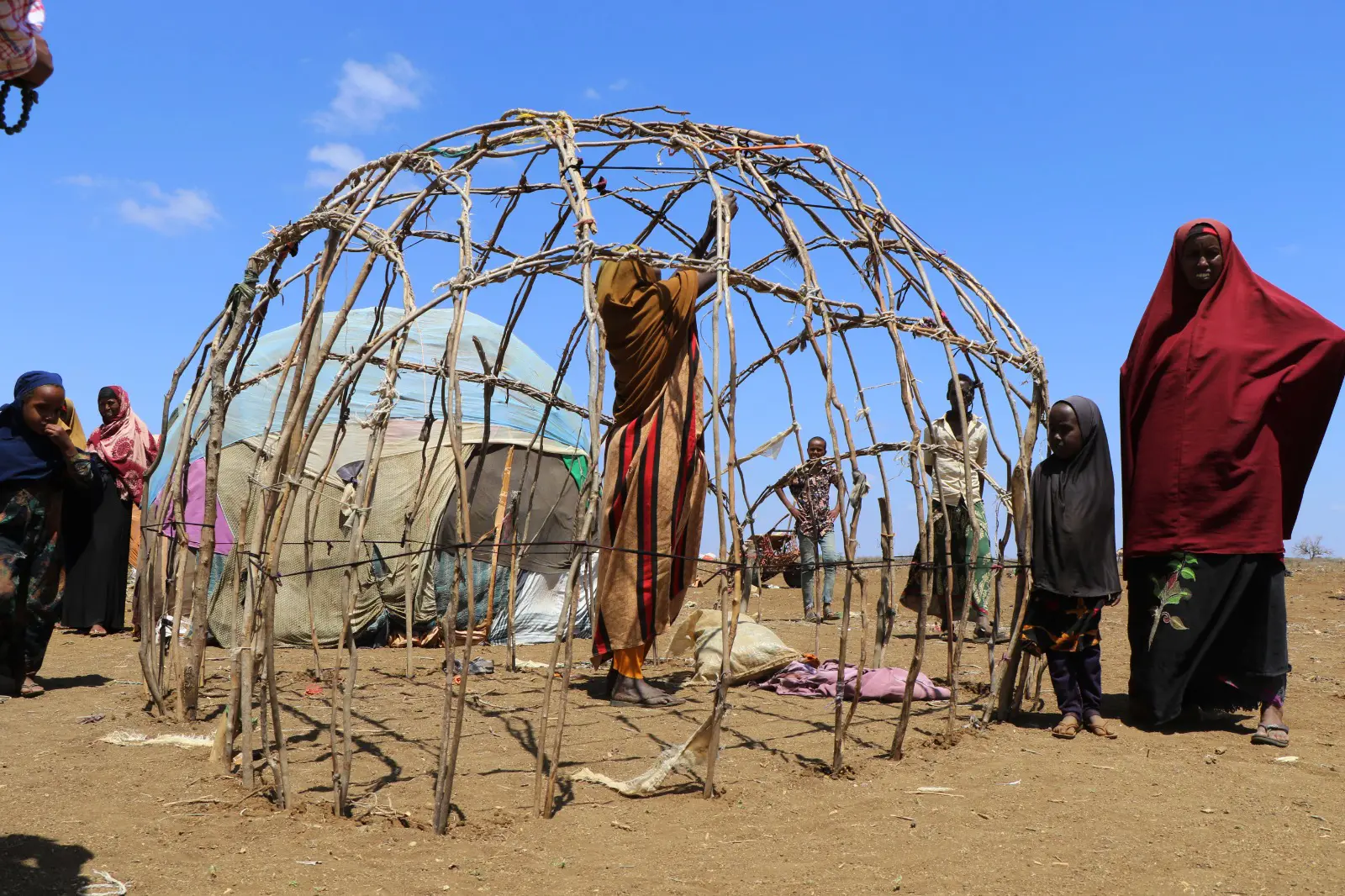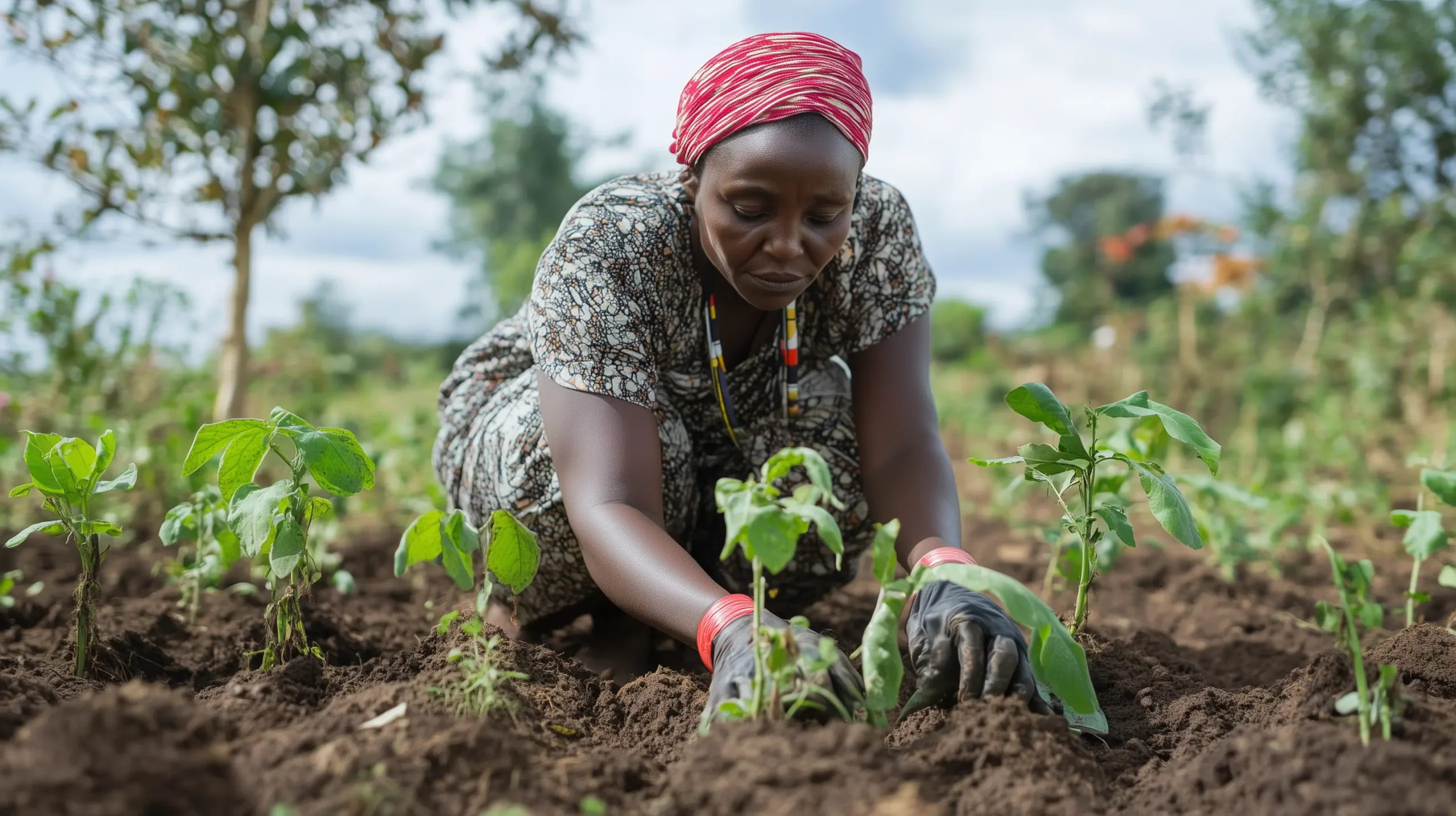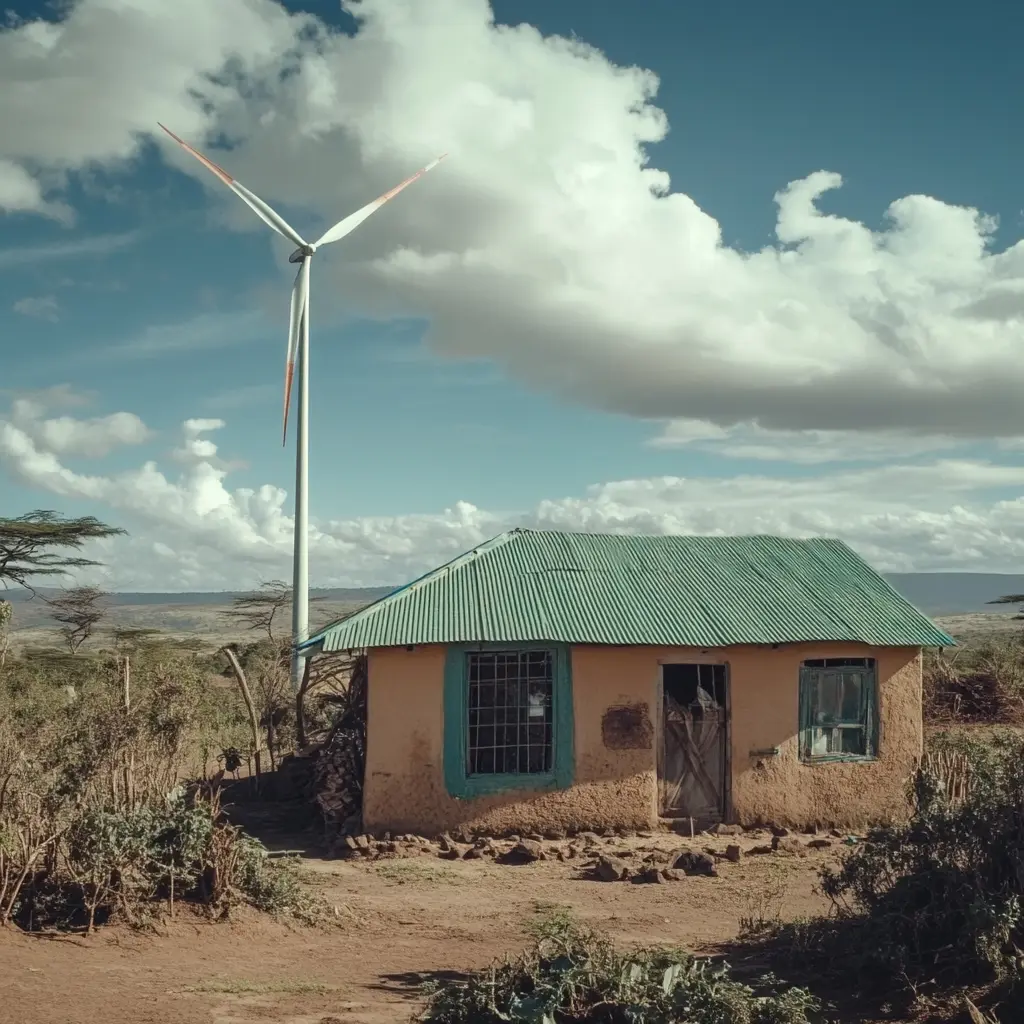Malisho Upya
(Green Pastures)
Building Resilience in Pastoral Communities

Our Mission
Challenges
While pastoral nomadism has many advantages, supporting populations to remain self-sufficient, unregulated practices can damage ecosystems.
Overgrazing degrades land, damages soil substructures, and reduces wildlife, consequently impacting tourism income and leading to conflict.
As land becomes damaged, it loses its economic viability, opening it up for mining exploration and further degradation. Rural farmers also face resource pressures, such as water use resulting from mass urbanisation, reducing the viability of their farms.
There is a pressing need for economically viable solutions that build on the cultural capabilities and heritage of these communities.
Opportunities
Green Action Biochar Carbon Credits are a more effective way to invest in community led climate actions solutions for removing greenhouse gases and offsetting your business activities. Our biochar credits improve opportunities for the pastoral nomad communities we work with by
- Increasing the yields of agricultural practices
- Increasing income from livestock farming
- Increasing the number of trees through a mix of plantation tree growing, existing forest renewal and inclusion of fruit, nut and other commercial trees
- Improving rainwater management and land irrigation skills
- Developing a carbon credit management workforce
- Increasing community wealth through income diversification.
Our Approach: Cultural Entrepreneurship

Innovative Solutions
Our project leverages cultural entrepreneurship to help pastoral nomads and rural farmers grow their incomes through carbon sequestration opportunities offered to western individuals and corporate donors. Tree planting, supported by western donors for its Carbon sequestration benefits, also provides medicine, timber, materials for pastoral encampments, fruit, nuts, livestock security, fodder, shelter, and fertilizer. Managed for surplus, these trees can generate additional income, supporting transitions to more efficient stoves, creating community microfinance funds, reducing landscape degradation, and building community drought resistance funds.
Ensuring food security amidst a growing population and climate change is a major challenge. By 2050, the world population will surpass 9 billion, increasing food demand significantly, especially in urban areas with diverse diets that require resource-intensive livestock production. Global food production needs to rise by 70%, and in many African countries, it must double to meet demand.
Soil, the cornerstone of agricultural land use, is central to sustainable land management. Soil carbon improves soil quality, essential for water and nutrient retention, and supports resilient land management systems. Our biochar based carbon credits sequester highly persistent carbon into the soil to meet this need.
